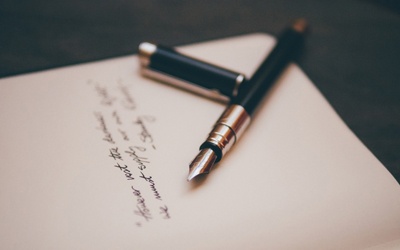Some of the best memoirs you can read are those that are reflective, those which are informed by dreams, myth, and synchronicities, maintains Maureen Murdock, a Jungian-oriented psychotherapist and the author of multiple memoirs and books about memoirs. In other words, there’s a depth psychological perspective that can facilitate, enhance, and deepen the telling of one’s story in a profound way.
Murdock is co-leading a 9-month certificate program on writing memoir at Pacifica Graduate Institute starting in March 2017, along with Dr. Jennifer Selig and Dr. Daphne Dodson, and with the participation of Kelly Carlin who wrote her own memoir about her famous father[1], in part as a result of her education with Murdock at Pacifica. Recently, I asked Murdock to expound on what it takes to produce a good memoir.
 Memoir, Murdock suggests, is about taking a slice of one’s life, as opposed to an autobiography, which typically begins at birth and tells the story of one’s life up until the point they are famous enough to write an autobiography. An autobiography is also linear and based on facts, potentially referencing outside media about the individual, whereas a memoir is not focused on facts as much as on “one’s own emotional truth.” Murdock specifically describes a memoir as “your story at a particular time in your life.”
Memoir, Murdock suggests, is about taking a slice of one’s life, as opposed to an autobiography, which typically begins at birth and tells the story of one’s life up until the point they are famous enough to write an autobiography. An autobiography is also linear and based on facts, potentially referencing outside media about the individual, whereas a memoir is not focused on facts as much as on “one’s own emotional truth.” Murdock specifically describes a memoir as “your story at a particular time in your life.”
Further, memoir is the product of a dynamic or evolving self; thus, it needs to be rooted in cultural and historical facts and also in gender and race. Often people who come in to a memoir project with an agenda don't end up where they expected to go, Murdock notes. Certain themes tend to expand as you write about them. You end up focusing not just on yourself, but on your experience within a much larger context... (Click here to read the full post)